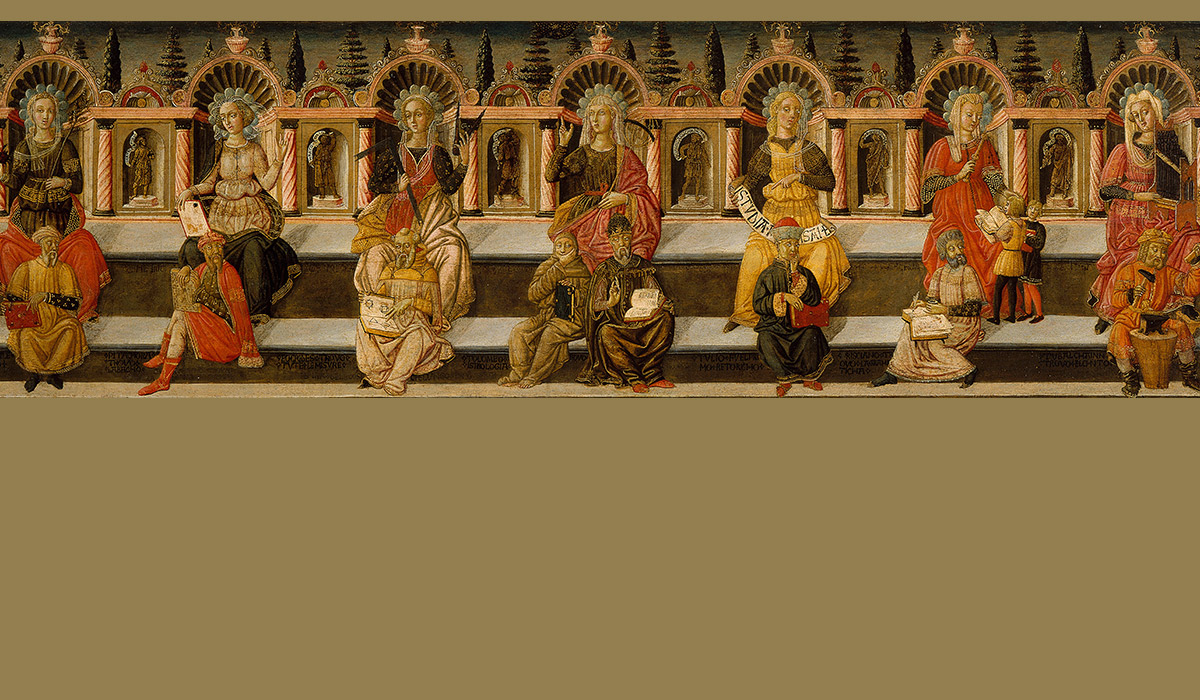“Nothing is more incongruous for people or groups than to have no history. Ignorance of one’s own past leads fatally to a crisis and the loss of identity of individuals and communities.”
– Pope Saint John Paul II, Message for the 50th Anniversary of the Pontifical Committee for Historical Sciences, 16 April 2004
Committed to advancing “the dialogue between faith and reason,” The Catholic University of America occupies a unique place in American higher education as the national university of the Catholic Church in the United States. The Department of History, one of the most prominent departments in the School of Arts and Sciences, is dedicated to fostering this mission through excellence in teaching, research, and preparing students for active civic engagement in the world.
Emerging from the venerable Christian tradition of study of the liberal arts, the discipline of history seeks to further the goals of humanistic learning through its own set of distinct questions and methods. In its search for meaning, the discipline of history first and foremost teaches students how to understand events, institutions, ideas, and individual lives of the past through careful attention to the complexity of historical context. While set in its particular political, social, and economic contexts (and in comparison to other faith traditions), the analysis of the Christian tradition, in all its variegation and richness, is a central topic of study in the Department of History. While paying attention to continuity and tradition, historical study also seeks to track change over time and to provide explanatory models for that change. In addition, the study of history aims to show us who we are. Questions of religious, national, ethnic, racial and gender identity are today at the core of historical study. Through systematic study of such topics, students confront their own core values, an essential contribution to the university’s mission of educating the “whole person” in the Catholic humanistic tradition. Moreover, through the study of multiple perspectives of unfamiliar peoples, places, and ideas, the practice of history instills empathy for other human beings and systems of thought. By examining the record of both human achievement and failure, historical study demonstrates how past societies have engaged with the world, equipping students to understand better not only the human condition but also the challenges that we face in the globalized world of the twenty-first century.
Comprised of about fifteen faculty, all of whom are actively involved in research, the Department of History also seeks to advance knowledge and promote the institutional goal of interdisciplinary study at the university by leading and participating in the Center for Medieval and Byzantine Studies, the Center for Early Christian Studies, the Program in the Islamic World, the Program in Irish Studies, the University Honors Program, the Program in European Studies, and the Program in Latin American Studies.

